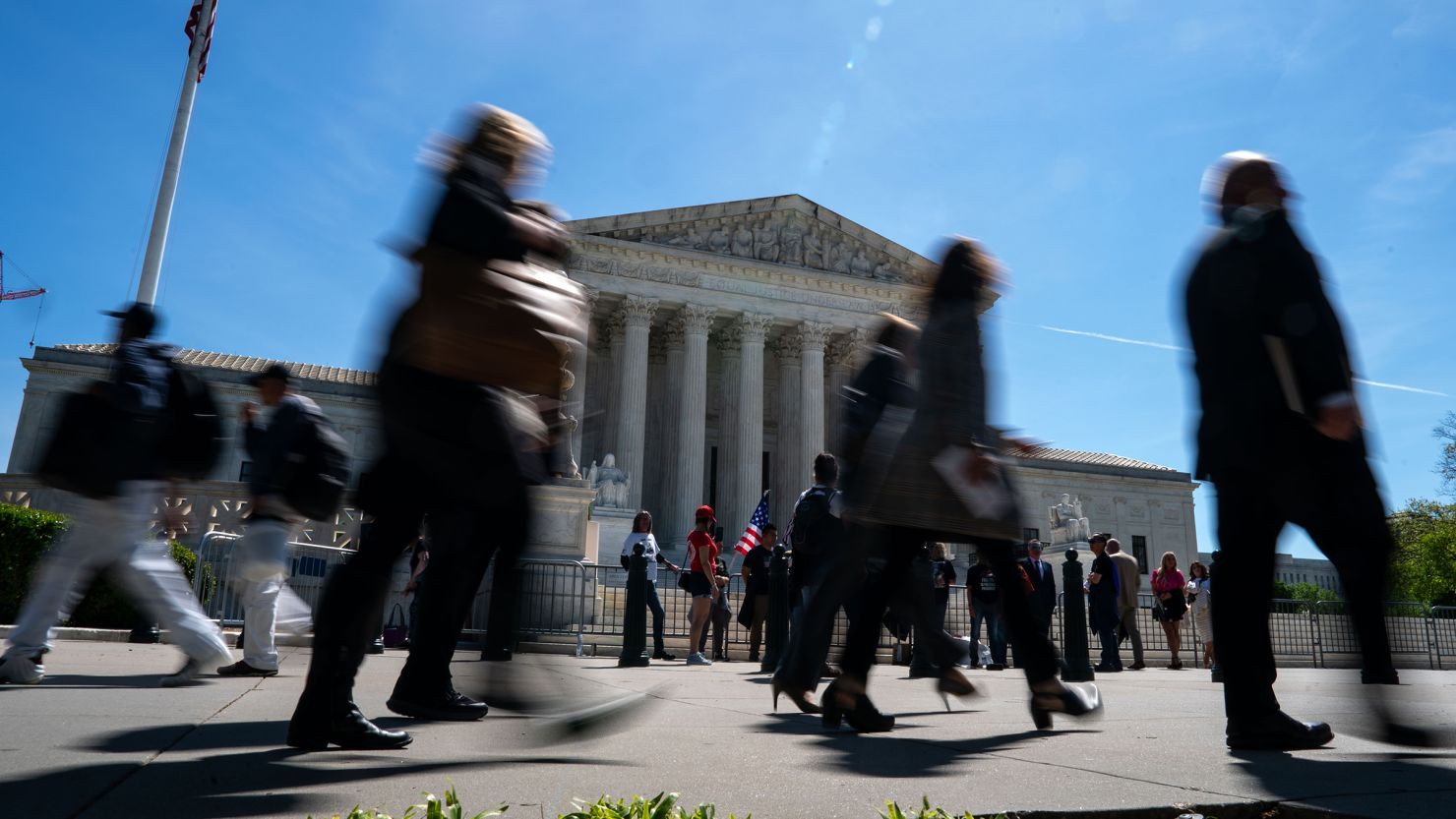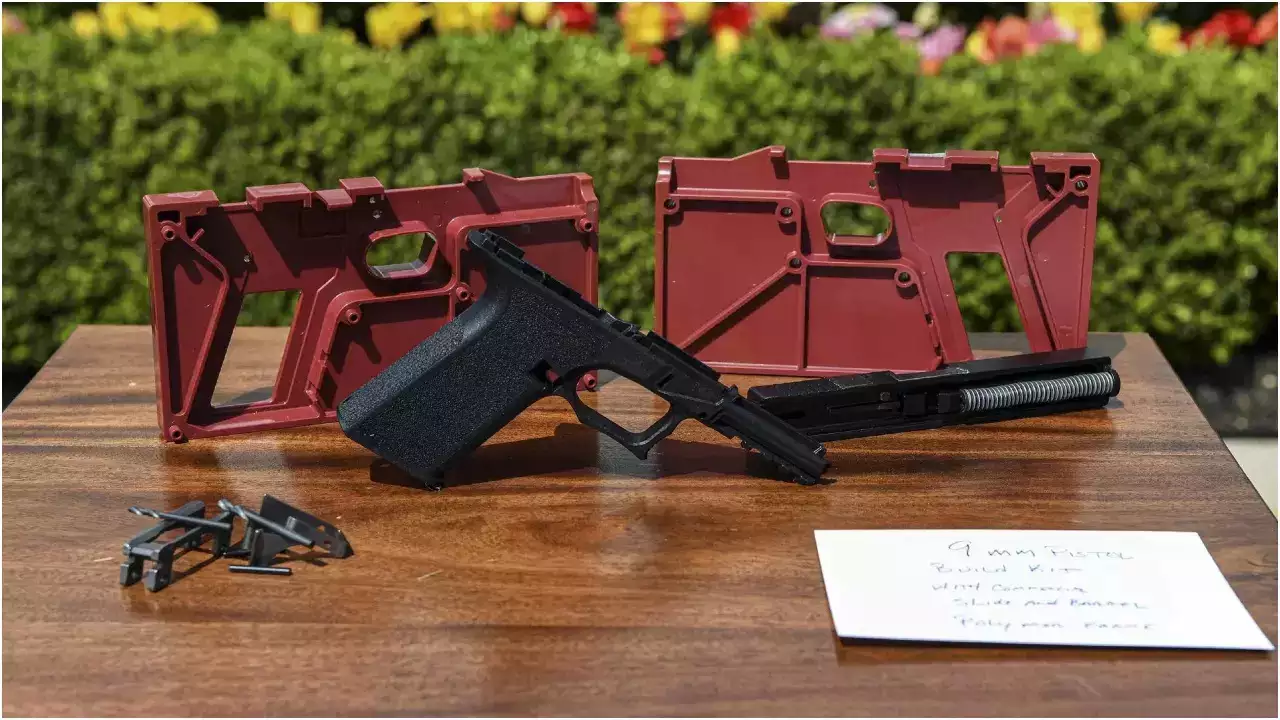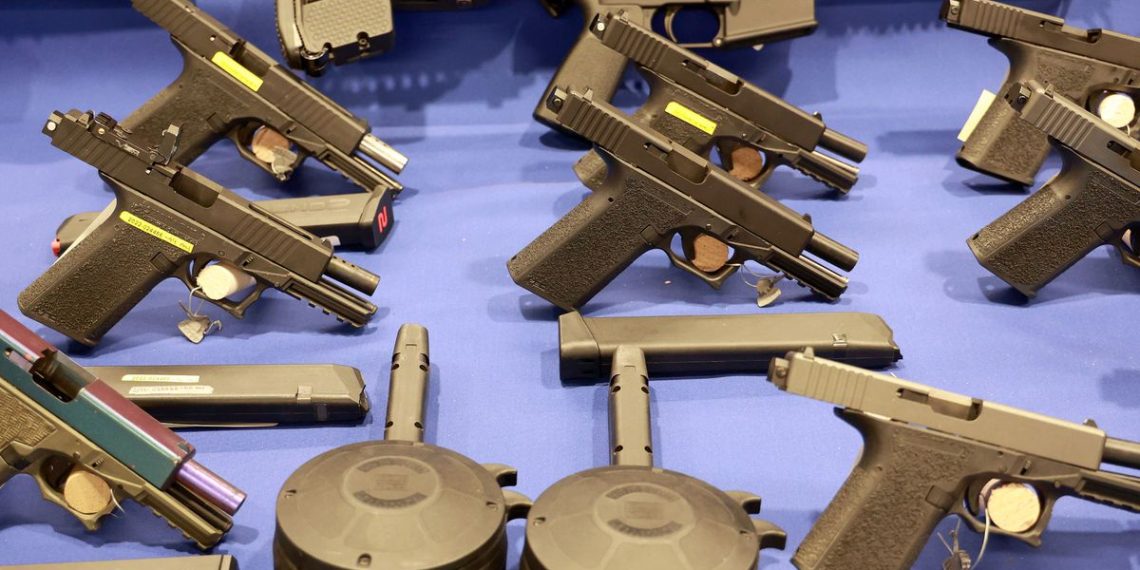The U.S. Supreme Court has agreed to weigh in on the legality of a federal regulation aimed at curbing homemade “ghost guns” amid the Biden administration‘s push to address their growing use in crimes nationwide.
The court’s decision comes in response to an appeal by the administration challenging a lower court’s ruling that the Bureau of Alcohol, Tobacco, Firearms and Explosives (ATF) exceeded its authority in issuing the 2022 rule.
This regulation targets the proliferation of “ghost guns,” which can be easily assembled at home and lack serial numbers or background checks, making them attractive to criminals and individuals prohibited from purchasing firearms legally.

The ATF rule expands the definition of a firearm under the Gun Control Act to include parts and kits used to assemble these weapons, requiring them to have serial numbers and mandating licensing for manufacturers and sellers.
Plaintiffs, including gun owners and advocacy groups, filed a lawsuit against the rule, leading to a legal battle centered on the ATF’s authority and the regulation’s impact on private gun ownership.
While the Biden administration defends the rule as a necessary measure to address the rise in crimes involving “ghost guns,” opponents argue that it infringes on Second Amendment rights and undermines lawful gun ownership practices.

The Supreme Court’s decision to hear the case underscores the significance of the issue and its implications for gun control policies in the United States.
Meanwhile, law enforcement agencies continue to grapple with the challenges posed by the widespread use of “ghost guns,” which are difficult to trace and often used in criminal activities.
The outcome of the Supreme Court’s deliberation will likely shape the future of regulations governing firearms and influence broader debates on gun violence prevention measures across the country.





